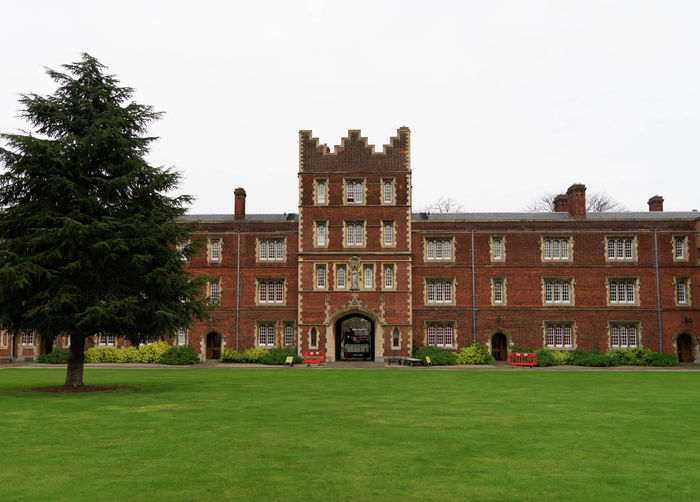Cambridge tied with Chinese university linked to human rights abuses
Tsinghua University, which has had ties with Cambridge since 2008, has been connected with companies perpetuating the oppression of Uighur minorities

Cambridge’s ties with Tsinghua University have come under scrutiny due to the latter’s links with several cases of human rights abuses, including the genocide of Uyghurs and other ethnic and religious minorities in Xinjiang.
Tsinghua University’s laboratory is partnered with iFlytek, a voice recognition and AI company whose technology has been linked to the surveillance and oppression of Uyghur minorities within China’s Xinjiang province. The company was one of six AI companies banned by the US government in 2019 from conducting business with American firms, citing this oppression. The companies ties with MIT were cut amid similar concerns in 2020.
The Director of Tsinghua’s Institute for Contemporary China Studies and a Tsinghua academic co-authored a paper which addressed the benefits of a single-race system, claiming that such a system formed the foundation of a “nation’s long-term peace and stability”. Their ideas are reported to have influenced the policy of the Chinese state in concentrating Uyghur Muslims in what the state calls “re-education camps”.
Cambridge has held ties with the Tsinghua University for many years, including running a joint engineering forum since 2013. Tsinghua helped fund a £200 million Bioinformation centre in the Trinity College owned Cambridge Science Park that opened in 2019. In that same year the university committed to a “joint research initiative” with Tsinghua, when the Pro-Vice Chancellor for Institutional and International Relations Eilis Ferran said that the university was “delighted to enter into this joint research initiative with Tsinghua University”.
Jesus College had also accepted £20,000 in funding from Tsinghua for background research on foreign business involvement in China’s Belt and Road Initiative in 2019. The college’s China Forum has come under fire previously for the “avoidance of controversial topics” including the political situation in Hong Kong and the treatment of the Uyghurs in Xinjiang.
The ongoing scrutiny follows a recent Times investigation, which highlighted the links between 42 British universities and “bodies in China connected to the Uyghur genocide, nuclear weapons development, espionage, defence research or hacking”.
The Times contacted the university, who “pointed to its policies of managing risk and protecting intellectual property”.
Many experts have condemned the links identified in the Times investigation. Robert Clark, the director of the defence and security unit at Civitas called such relations “morally reprehensible”.
 News / Fitz students face ‘massive invasion of privacy’ over messy rooms23 April 2024
News / Fitz students face ‘massive invasion of privacy’ over messy rooms23 April 2024 News / Climate activists smash windows of Cambridge Energy Institute22 April 2024
News / Climate activists smash windows of Cambridge Energy Institute22 April 2024 News / Copycat don caught again19 April 2024
News / Copycat don caught again19 April 2024 Comment / Gown vs town? Local investment plans must remember Cambridge is not just a university24 April 2024
Comment / Gown vs town? Local investment plans must remember Cambridge is not just a university24 April 2024 News / Cambridge University disables comments following Passover post backlash 24 April 2024
News / Cambridge University disables comments following Passover post backlash 24 April 2024





